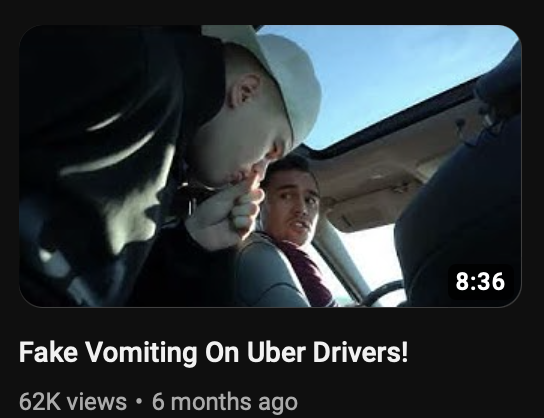In a case that has garnered widespread attention, a Virginia jury recently acquitted a delivery driver, Alan Colie, of aggravated malicious wounding in the shooting of Tanner Cook, a 21-year-old YouTube prankster who operates the 'Classified Goons' channel. The incident, which took place on April 2nd at a food court in Dulles Town Center, unfolded in a matter of seconds but sparked panic among shoppers who initially feared a mass shooting. This article delves into the details of the case, the arguments presented by both sides, and the jury's decision.
The Shooting Incident: The confrontation between Alan Colie and Tanner Cook was captured on video and played a pivotal role in the trial. In the footage, Cook approaches Colie, holding a cellphone close to his face, which repeatedly broadcasts a provocative phrase through a translation app. Colie is seen backing away and asking Cook to stop multiple times before eventually drawing a gun and shooting Cook in the lower left chest. The entire encounter lasted less than 30 seconds and showed no pause between Colie drawing the weapon and firing the shot.

The Legal Defense: Colie's defense attorney, Adam Pouilliard, argued that his client felt threatened by Cook's behavior during the confrontation. According to Pouilliard, Cook's actions were intended to provoke a reaction and attract viewers to his YouTube channel. The defense maintained that Colie acted in self-defense, fearing for his safety as Cook, who stands at 6 feet 5 inches, loomed over him with the phone in hand. The defense further contended that Colie used a firearm because he reasonably believed it was necessary to protect himself.
The Prosecution's Case: On the other hand, prosecutor Eden Holmes argued that the facts did not support a self-defense claim. According to Holmes, Virginia law requires that a person reasonably fear imminent bodily harm and use no more force than necessary for self-defense. She asserted that Cook's prank, although bizarre, did not constitute a genuine threat. The prosecutor questioned how Colie could have reasonably believed he was in danger given that the prank was merely a silly phrase on a phone.
Jury Verdict: After approximately five hours of deliberation, the jury reached a verdict. Colie was acquitted of aggravated malicious wounding but convicted on one of the lesser firearms charges. The jury was divided on the other firearms charge. Colie's defense attorney argued that the conviction on the firearms charge was inconsistent with the self-defense acquittal and requested that the judge set it aside. The judge agreed to hear arguments on this issue at a future hearing.
The Impact: The case has raised questions about the fine line between self-defense and provocation, especially in the context of YouTube pranks and similar situations. Cook's 'Classified Goons' channel, known for its off-putting stunts, continues to generate income for him. The outcome of this trial may influence how content creators approach their pranks and interactions with the public.
Conclusion: The acquittal of Alan Colie in the shooting of YouTube prankster Tanner Cook highlights the complexities of self-defense claims in confrontations fueled by provocative behavior. While the jury found in favor of Colie's self-defense argument, the case serves as a reminder of the legal scrutiny such incidents can face when posted online. As YouTube pranks continue to draw attention and revenue, the legal system will likely grapple with similar cases in the future.
